During Project Runway's 12th season, Justin LeBlanc gave a very public face to two populations -- LGBT people and the deaf/hard-of-hearing -- while simultaneously showcasing his talent to the world.
The 27-year-old designer was noticed quickly by the judges for his use of exotic materials. In his pre-season interview, LeBlanc said that the first garment he ever made, a black cocktail dress, involved plexiglass. Refusing to be limited by his deafness, LeBlanc knew his presence on the show was important.
"I did feel a responsibility to maintain some sense of professionalism," LeBlanc tells The Advocate. "I was representing several communities, and I wanted to make them all proud. It was a struggle, but in the end I was proud of how I carried myself throughout the show."
LeBlanc says the response from viewers continues to be overwhelming. "I never expected that someone like me can make such an impact on someone else," he says.
LeBlanc made it to the final episode but lost the title to Dom Streater. "The show was an incredible experience," he says. "I never knew what to expect."
Two years after Runway, LeBlanc is still designing and fighting for deaf visibility. He speaks regularly at conferences and charity events that benefit the deaf and other groups faced with unique challenges, and he hopes to expand his efforts to address LGBT rights. "I recently became engaged to a wonderful person and I am thankful that we are able to marry legally in the USA," he says. "We must protect and expand those rights."
Although LeBlanc is proudly out, he has focused his publicity on deaf and hard-of-hearing people. "The [deaf] community is small, relatively speaking, and I have been part of that community for my entire life," he says. "Today, the LGBT community is more mainstream than the deaf community, so we feel more aligned to each another. There is still a lot of discrimination against the deaf with respect to equal access to education and job opportunities, even though the deaf are as capable as the hearing. It is a matter of educating and providing equal access."
Le Blanc says that although being a gay man has had the bigger impact on his career, his deafness has been the source of the harder lifelong struggle. LeBlanc remembers a blind date he had in college that a mutual friend set up.
"When I met the fellow, he thought I was a foreigner, since I had an accent, due to my deafness," LeBlanc says. "I told him I was deaf and he was dumbfounded. From that point, we knew it was not going to work out, and we went our separate ways. I was furious with my friend for setting me up with someone so ignorant, but I've learned and moved on."
It wasn't until graduate school in Chicago that LeBlanc met his first serious boyfriend. They met in Millennium Park, and although the guy was not deaf, he had learned sign language as an undergraduate.
"He took the challenge to communicate with me, and I thought it was freaking adorable," LeBlanc said. "We stayed in touch and now, over six years later, we are engaged." Even though his partner can sign, LeBlanc says it took an understanding of how important all communication -- spoken, signed, or otherwise -- is to a relationshp in order to make it work. "I am not saying it was easy, but it was worth it."
LeBlanc's focus has not always been on fashion. His undergraduate degree is in architecture. "I knew even as a kid that I wanted to be a fashion designer," he says. "I would play dress-up while watching The Wizard of Oz and design dresses for my sister's Barbie dolls. But I didn't feel comfortable since it was considered 'gay' for a man to be into fashion. So I began my career in architecture." LeBlanc received his BA in architecture from North Carolina State University.
Near the end of his undergraduate years, LeBlanc finally came out of the closet. Everything changed after that. He shifted his focus to fashion design and, following the completion of his undergraduate degree, enrolled in a master's of design program in fashion, body, and garment from the Art Institute of Chicago. While pursuing his master's, he was awarded a Louis Vuitton scholarship and landed internships with Rick Owens and Alexander McQueen.
Soon after, in 2013, LeBlanc auditioned for Project Runway. His family and friends had told him to apply many times, and one day the parent of one of his best friends emailed him the official application. The rest is Runway history.
Today LeBlanc is working on his autumn-winter 2016 and 2017 collection. He hopes it will debut during New York Fashion Week this spring. He also runs an online store where he sells a small number of garments and 3D-printed accessories.
LeBlanc's primary message for the LGBT rights movement going forward is one of inclusivity. "Through my personal experience, being a deaf person in the public eye, I've met such a diverse array of deaf people of varying colors, ages, genders, beliefs, and sexual orientations." he says. "Since the deaf community is very small, we cannot afford to exclude anyone. The gay community is relatively large, and at times I have felt that I was expected to meet a 'standard' to be fully accepted. I am nowhere close to a standard."
To a young designer hoping to follow in his footsteps, LeBlanc's advice is to be confident and celebrate your differences.
"To be unique and to have a fresh perspective is what art and fashion is all about," he says. "We need more artists to be confident, bold, understanding, and talented." Put those together, LeBlanc says, and you will be successful.
"Being deaf and gay gave me a sense of identity. I would change nothing about either, since it defines who I am and it makes me happy."










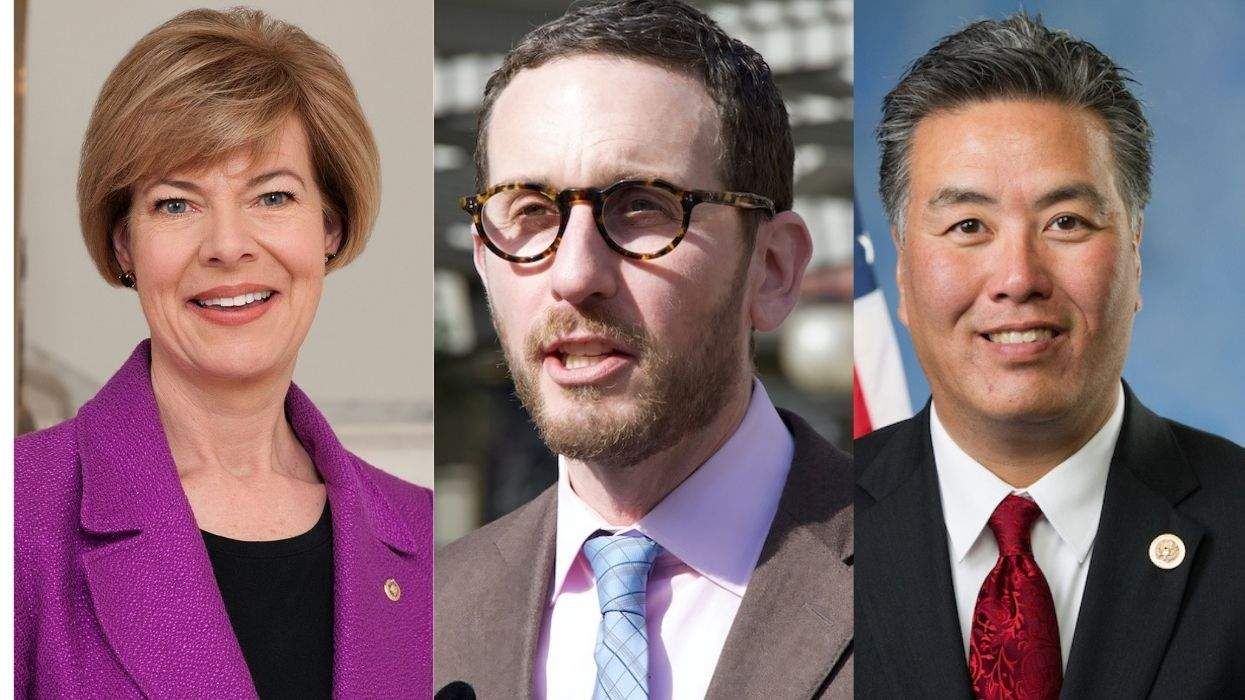


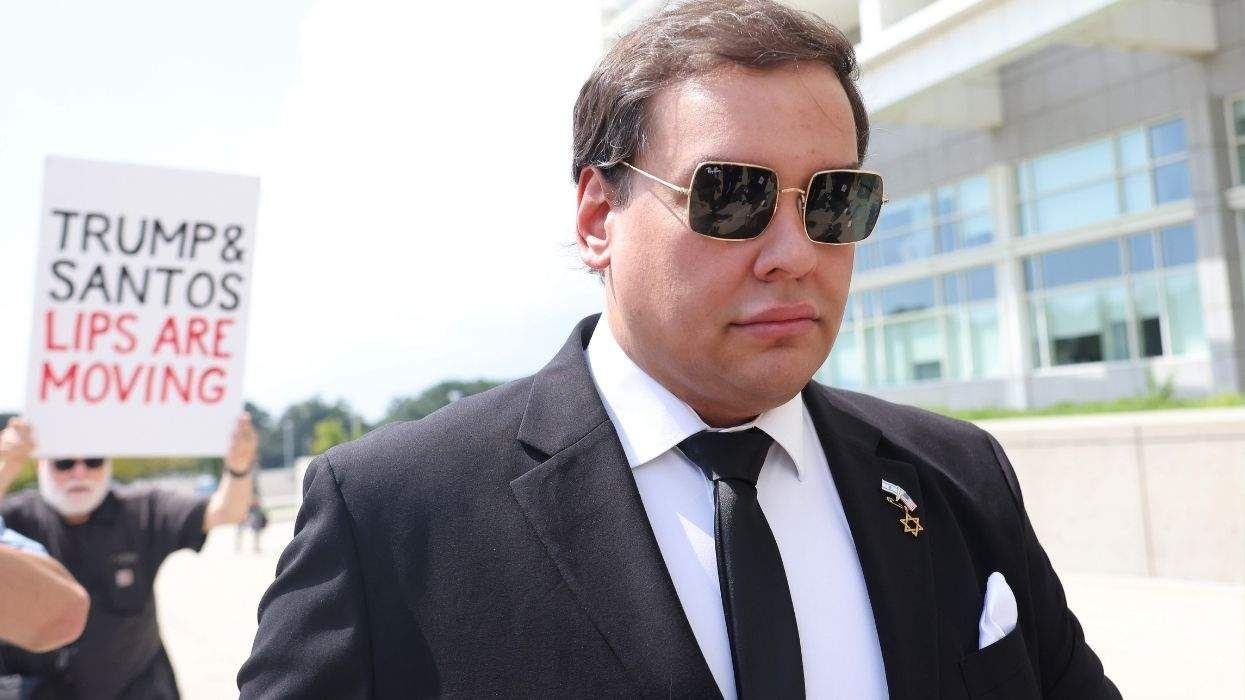
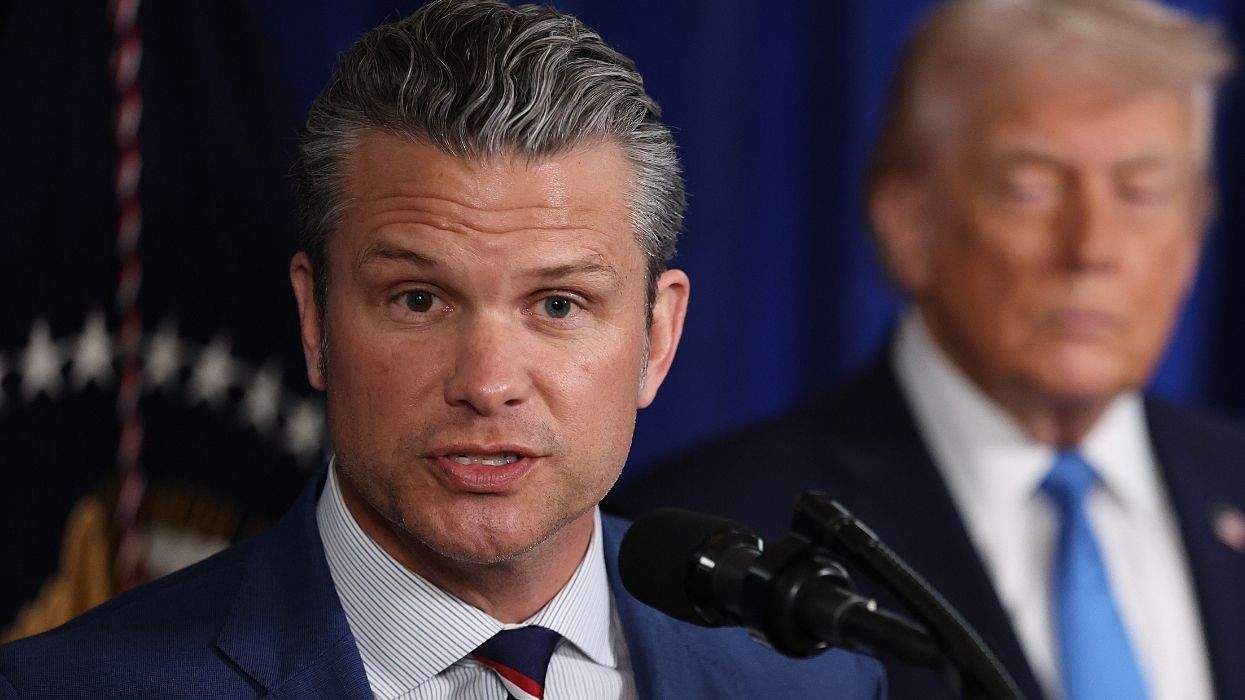


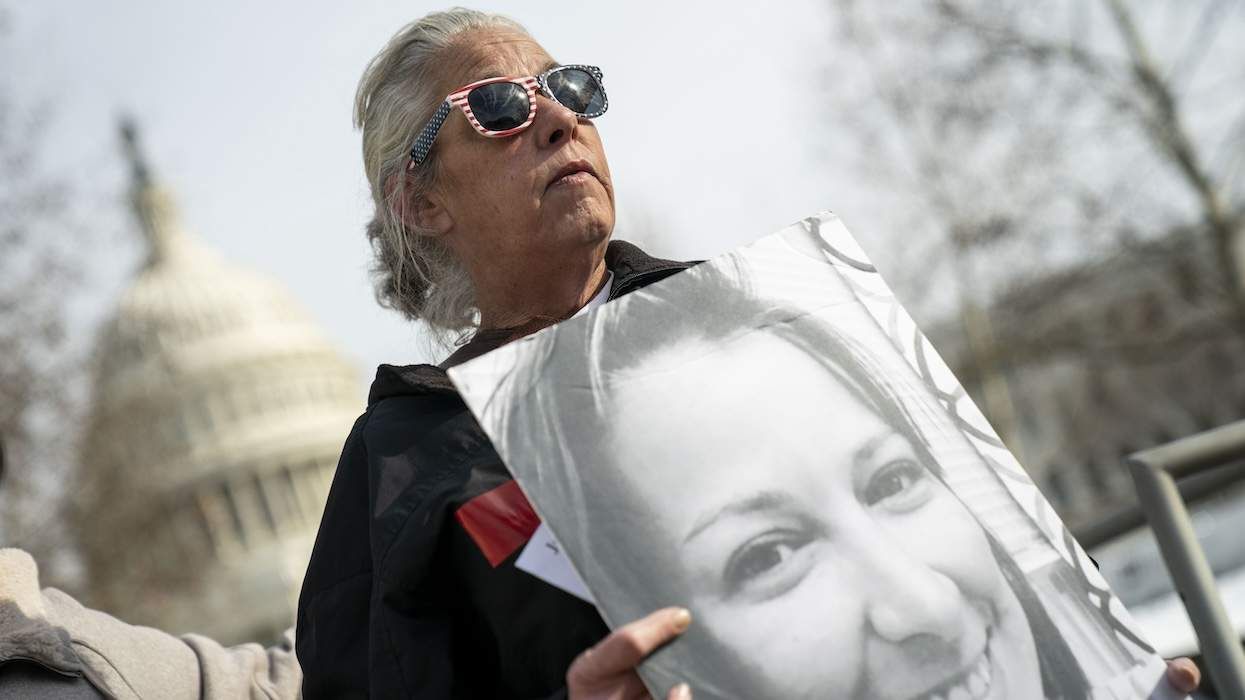
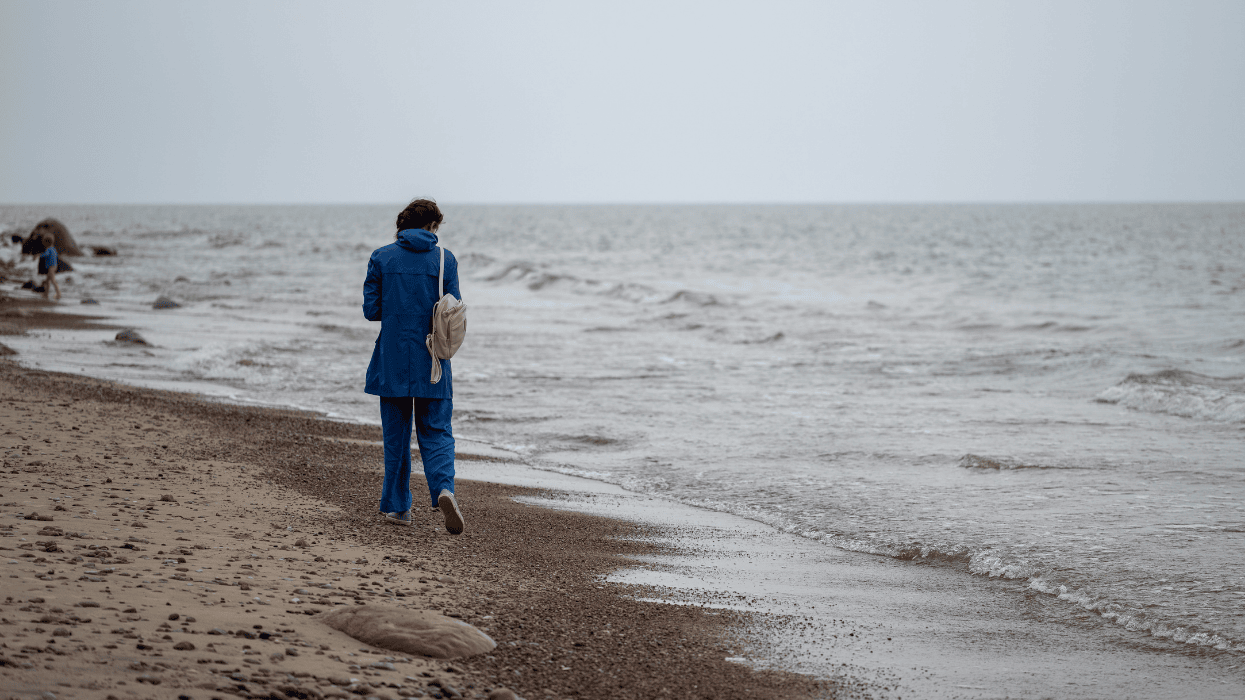










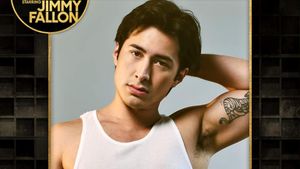



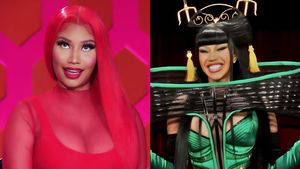















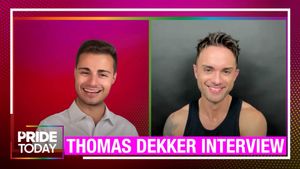










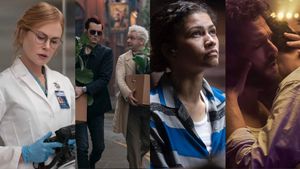








Charlie Kirk DID say stoning gay people was the 'perfect law' — and these other heinous quotes